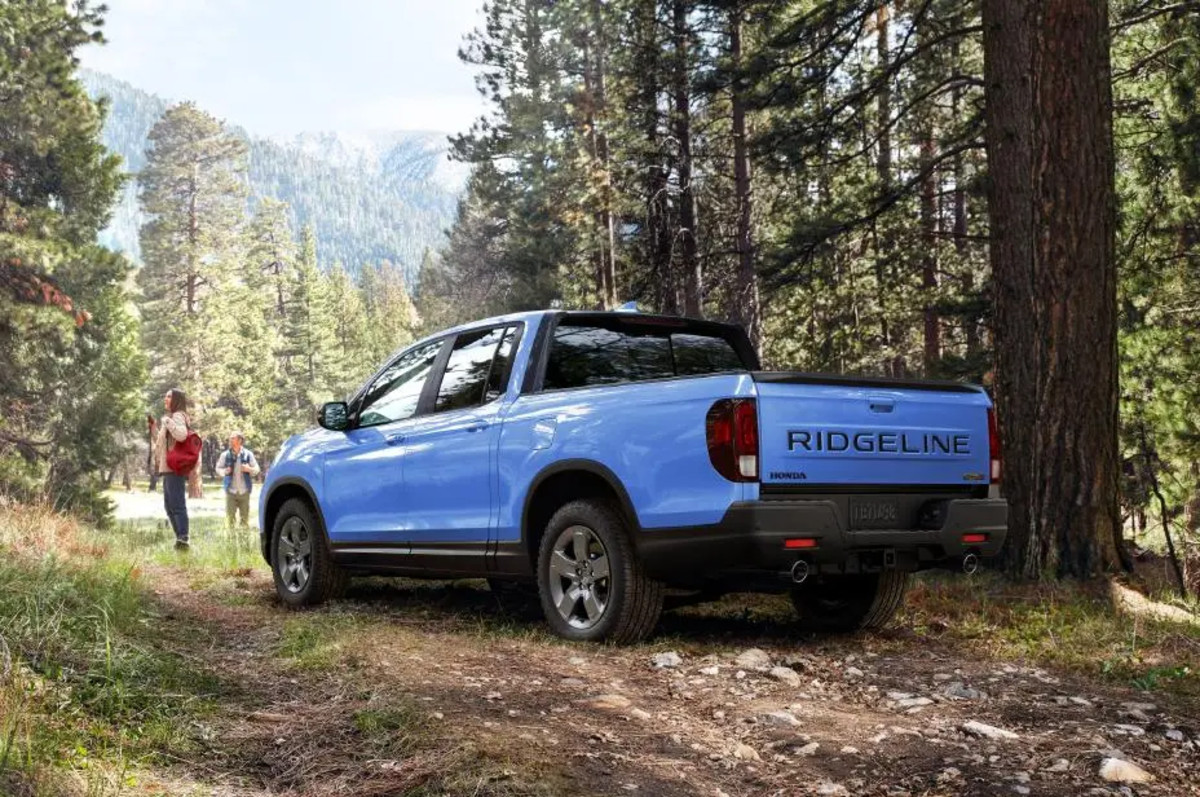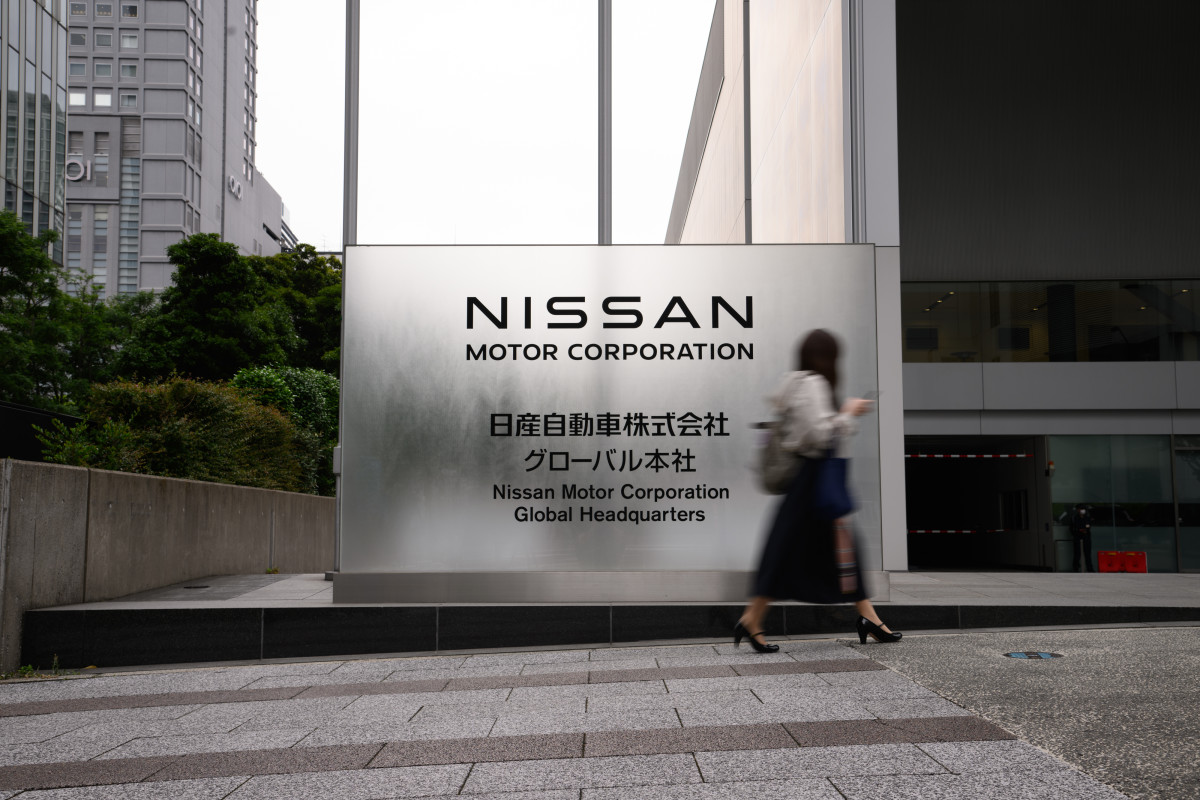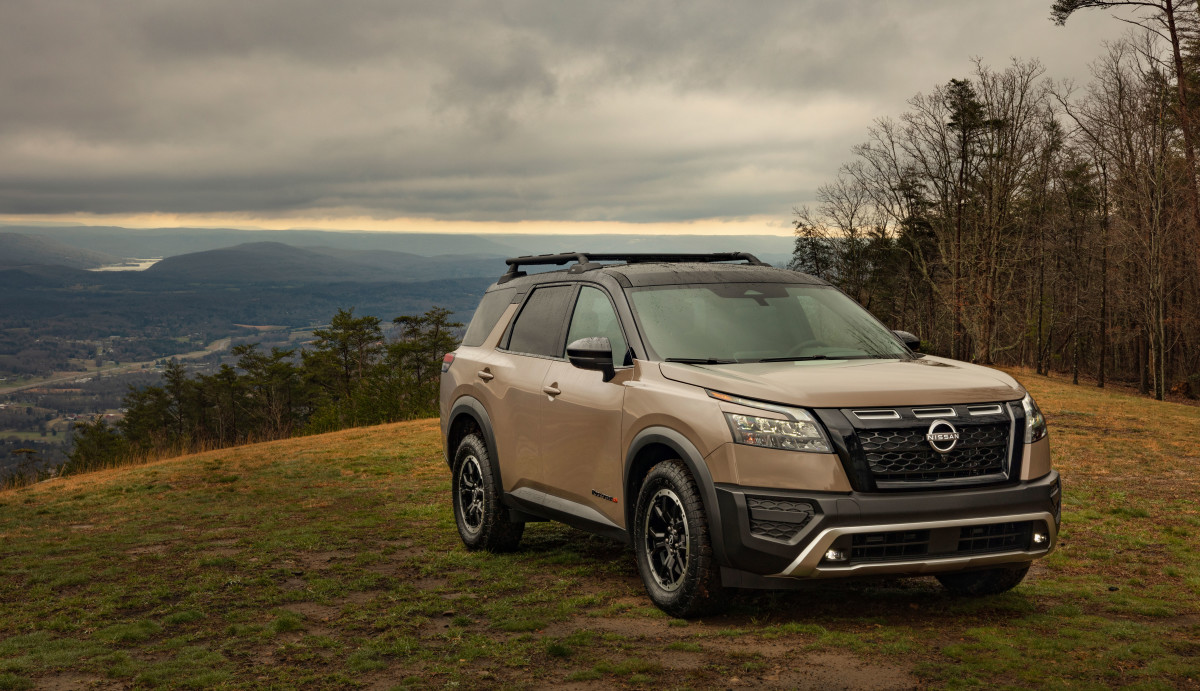Nissan has rejected a proposed merger with Honda, citing unfavorable terms that would have made it a subsidiary rather than an equal partner, according to two people familiar with the matter. The move casts uncertainty over Nissan’s future as it faces mounting challenges in the U.S. and Chinese markets. The decision also underscores Nissan’s ongoing struggle to find a sustainable path forward amid financial difficulties and industry shifts toward electric and autonomous vehicles.
Related: Toyota is the world’s best-selling automaker – again
A deal gone sour
In December, Nissan and Honda announced plans to combine their businesses under a single holding company, a move that would have made them the third-largest automaker globally when including Mitsubishi Motors. However, recent developments have highlighted that the two companies had different visions for the partnership.

Honda
Honda reportedly proposed an updated structure that would have placed Nissan under its control rather than forming an alliance of equals. Nissan’s board found the new terms unacceptable, leading to the company’s decision to walk away from the deal.
Related: Cadillac’s LYRIQ-V Shatters Records: Fastest Model Ever Unveiled
Market reaction and Nissan’s struggles
The stock market reacted swiftly to the news. Nissan shares fell nearly 5%, while Honda’s stock jumped over 8%, reflecting investor sentiment that the merger would have benefited Nissan more than Honda.
The rejection of the deal puts added pressure on Nissan to prove that it can compete in an increasingly tough market. The automaker has been losing ground in both the U.S. and China, two of the world’s most important car markets. In response to its financial troubles, Nissan announced in November that it would cut 9,000 jobs and reduce its factory capacity by 20%.
Related: Tesla drops Cybertruck lease price dramatically, offers free wrap
Cultural clashes and strategic challenges
Beyond financial concerns, cultural differences between the two automakers also contributed to skepticism surrounding the merger. Honda has traditionally been led by engineers, while Nissan has favored executives with sales backgrounds, often from Tokyo University, The Wall Street Journal reported. These differences raised concerns about how smoothly the companies could integrate operations.

Bloomberg/Getty Images
Both companies have a strong presence in the U.S. market and produce similar vehicles. They had planned to save costs by sharing parts and vehicle designs, but key details about streamlining their American operations remained unclear.
Related: Automaker shares drop as tariff fear looms
What’s next for Nissan?
In a statement, Nissan said that while no final decision had been made, one option under discussion was to scrap its December agreement with Honda. Both companies confirmed that discussions were ongoing and expected to announce their intentions moving forward by mid-February.

Nissan
Nissan’s market capitalization is significantly lower than Honda’s, giving it less leverage in negotiations. Some experts have argued that Nissan should have realized from the start that an equal partnership with Honda was unlikely.
The company also faces external risks, including increased costs if President Trump continues with his plans for tariffs on made-in-Mexico goods. Nissan manufactures more vehicles in Mexico than in any other country, making it particularly vulnerable to shifts in trade policy.
Final thoughts
While the decision to reject Honda’s terms may give Nissan some autonomy, it leaves the company at a crossroads. Whether it can find a viable alternative path forward remains to be seen. Should the merger talks fall through, Nissan’s long-term viability is a growing point of concern.
Love reading Autoblog? Sign up for our weekly newsletter to get exclusive articles, insider insights, and the latest updates delivered right to your inbox. Click here to sign up now!
Related: Musk says Tesla unsupervised robotaxi is coming this June